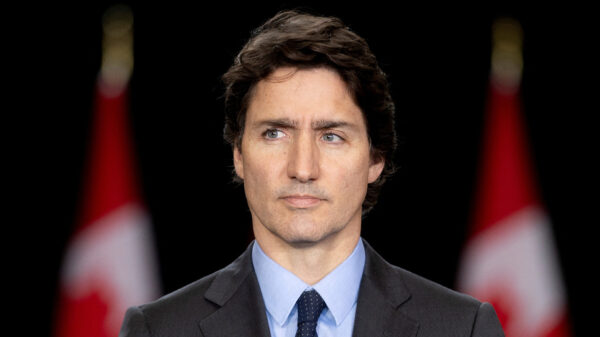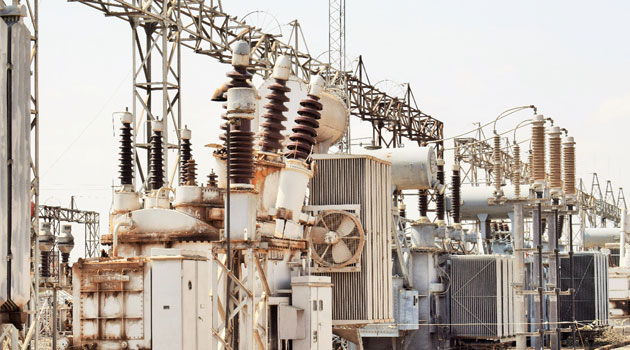NAIROBI, Kenya, Sep 19 – Kenya Power’s net earnings for the year ended June 2019 is expected to drop by over 2 percent, as compared to the previous year.
This means that the firm now expects to have its net profits standing below Sh1.92 billion recorded during the same period last year.
In statement, KPLC said the decline in profits has been brought about by increase in non-fuel costs.
“The drop-in profits are attributable to, among others, an increase in non-fuel costs in line with the company’s long-term strategy to growing cheaper and cleaner renewable energy,” the statement signed by acting managing director Jared Othieno states.
He further said that the NSE-listed firmia working towards reducing the cost of energy to meet customer needs.
“Under the current strategy, the long-term cost of energy to the consumers will be reduced and the long profitability of the company will be increased,” he adds.
Kenya Power posted a 63.7 percent decline in net profit to Sh1.92 billion in the financial year ended June 2018 on higher costs.
The board further said that transmission and distribution costs went up as a result of maintenance activities on expanded network.
The announcement also comes at a time where Kenya has continued to witness increased fuel prices in the past 6 months.
In the latest review, the Energy and Petroleum Regulatory Authority introduced an increase in Super petrol and Diesel prices increased by Sh0.28 per litre and Sh2.44 per litre respectively in Nairobi.
The users of Kerosene, however, saw its prices decrease by Sh3.31 per litre in Nairobi.
EPRA said that the changes were due to various rise in the cost of import as well as the slight depreciation of the Kenyan shilling relative to the US dollar.



































